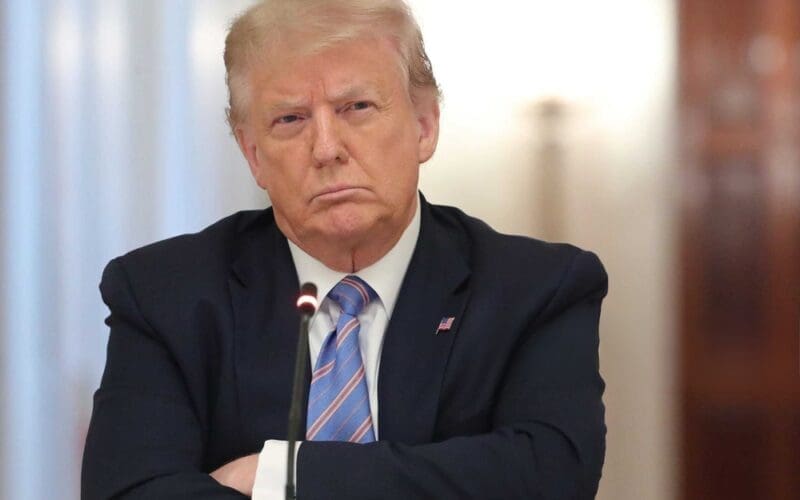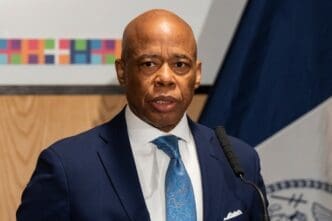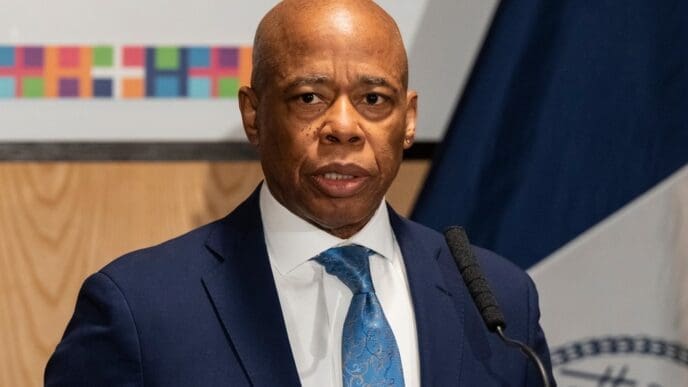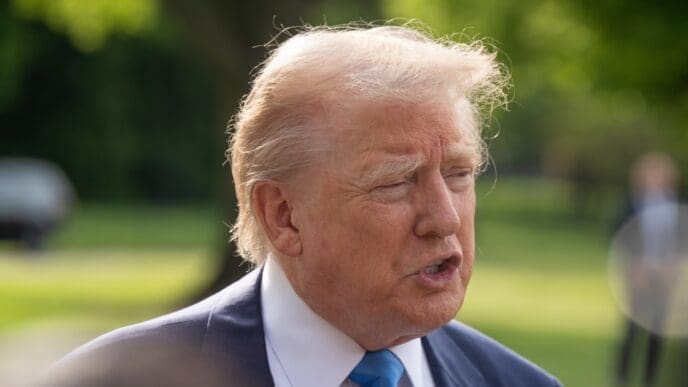Rohit Chopra has been removed from his role as the director of the Consumer Financial Protection Bureau (CFPB) by President Donald Trump. This decision was communicated to Chopra via email from the White House, as reported by a source familiar with the situation.
A strong advocate for consumer rights, Chopra’s removal has sparked discussions across various sectors. His term saw the implementation of several consumer-friendly regulations which faced substantial pushback from financial institutions.
Chopra’s Tenure and Initiatives
During his time as director, Rohit Chopra introduced regulations targeting overdraft and late fees, which were aimed at curbing excessive charges by banks and credit card companies. These measures, however, drew significant criticism from industry leaders.
Chopra was appointed by former President Joe Biden in 2021, following a Supreme Court ruling that allowed the president to dismiss the CFPB head. His tenure was marked by a series of legal battles concerning his regulatory efforts.
Political Reactions and Implications
Some major banks, including Bank of America and JPMorgan Chase, were subjects of CFPB lawsuits supported by Chopra’s administration. This culminated in calls from industry players for his removal, reflecting a stark divide in regulatory perspectives.
The decision to remove Chopra aligns with the ongoing administration’s broader economic policy goals, reflecting a shift in regulatory focus. Critics argue this may compromise consumer protection efforts championed by the previous leadership.
Consumer Advocacy and Legal Challenges
Chopra’s initiatives included a controversial cap on credit card late fees, which was intended to protect consumers from financial strain. This rule was overturned by a federal judge but highlighted ongoing consumer protection debates.
Efforts to make personal financial data more accessible were another significant part of Chopra’s agenda. Such policies aimed to foster competition among banks, albeit amidst significant legal and industry challenges.
In his parting statement, Chopra emphasized the role of the CFPB in safeguarding consumers, amid fears that his departure might weaken consumer advocacy.
Legacy of Financial Regulations
Under Chopra, the CFPB finalized rules intending to alleviate consumer financial burdens, including measures to remove vast amounts of medical debt from credit reports.
His stance on financial regulation has left a lasting impact, with future CFPB leadership expected to either build upon or dismantle these frameworks, framing his tenure as a pivotal moment in consumer financial protection.
While controversial, Chopra’s policies were a deliberate effort to prioritize consumer interests, an approach that faced substantial opposition from within the financial sector.
Chopra’s Removal and Future Directions
With Chopra’s dismissal, financial institutions anticipate a rollback of some regulations perceived as burdensome, potentially altering the landscape of consumer financial protection.
The move has sparked widespread reactions, with advocates calling for continued vigilance in holding financial firms accountable while navigating new leadership dynamics.
The Role of CFPB Post-Chopra
The CFPB, established in response to the 2008 financial crisis, faces a crossroads as it transitions to new leadership. Its foundational goals of protecting consumers while ensuring industry accountability remain under scrutiny.
Senator Elizabeth Warren, a key figure in the agency’s inception, has voiced concern over any potential weakening of the CFPB’s mandate. Her advocacy underscores the ongoing political discourse surrounding financial regulation.
Industry and Legislative Influences
Financial sector representatives welcomed Chopra’s dismissal, citing a need for balanced oversight that supports both consumer rights and financial growth.
Lawmakers remain divided, with some emphasizing the importance of stringent regulations to prevent exploitation, while others advocate for less restrictive measures to promote industry innovation.
Looking Ahead: Policy and Protection
As new leadership takes charge, the CFPB’s future direction will significantly impact both consumers and financial institutions. The balance between regulation and innovation will be key in shaping upcoming policies.
The continuation of consumer protection measures hangs in the balance, amid evolving political and economic landscapes.
Chopra’s exit is seen as a critical turning point, sparking debates over the preservation and future of consumer financial advocacy.
Public and Political Dynamics
Chopra’s departure has amplified discussions on the role of federal regulatory bodies in consumer protection. The CFPB’s direction reflects broader economic policies and political strategies moving forward.
Chopra’s removal as CFPB director marks a significant shift in financial regulatory focus. The implications for consumer protection and industry practices are yet to unfold. Current and future leaders must navigate these changes carefully to maintain a balance between safeguarding consumers and facilitating financial innovation.














